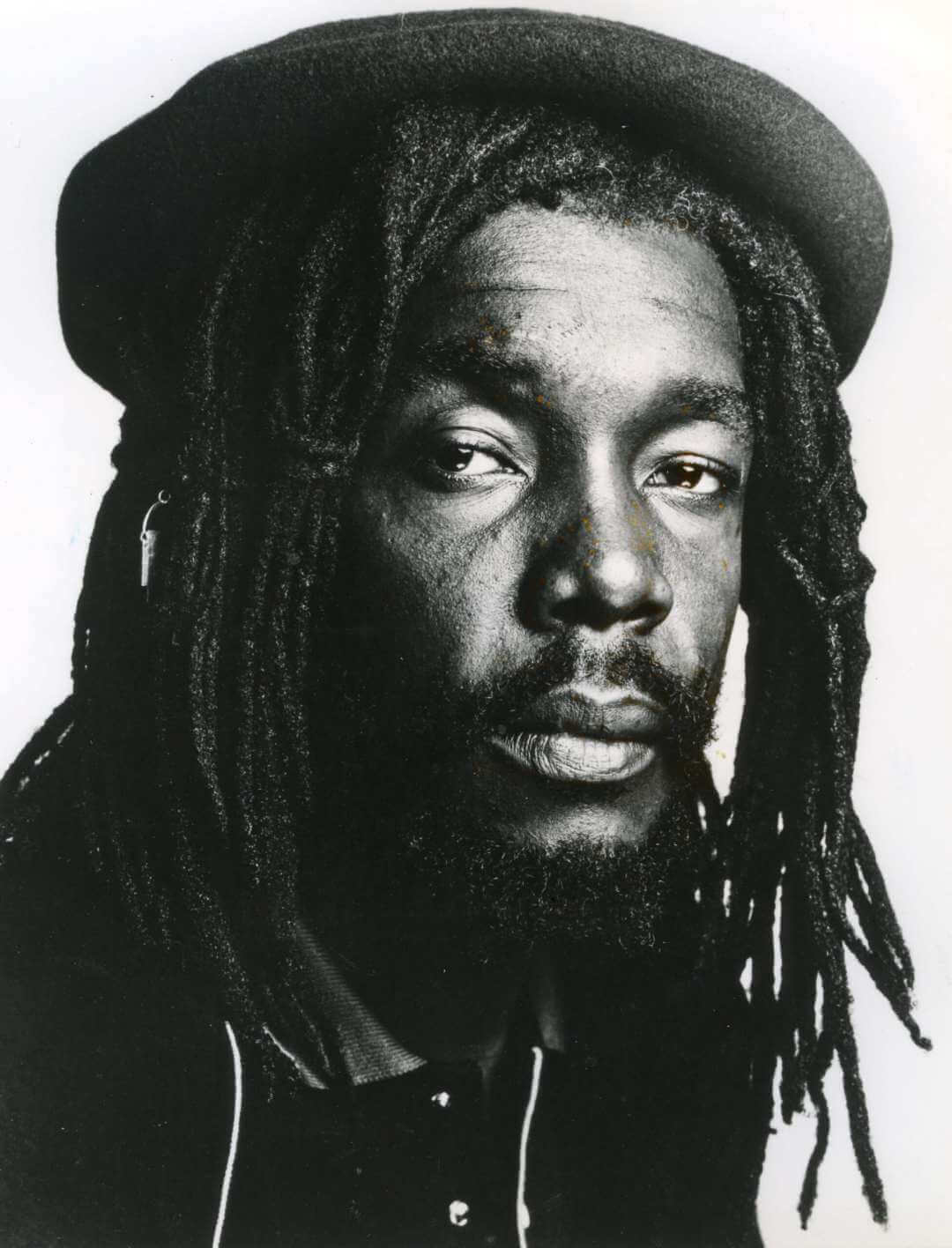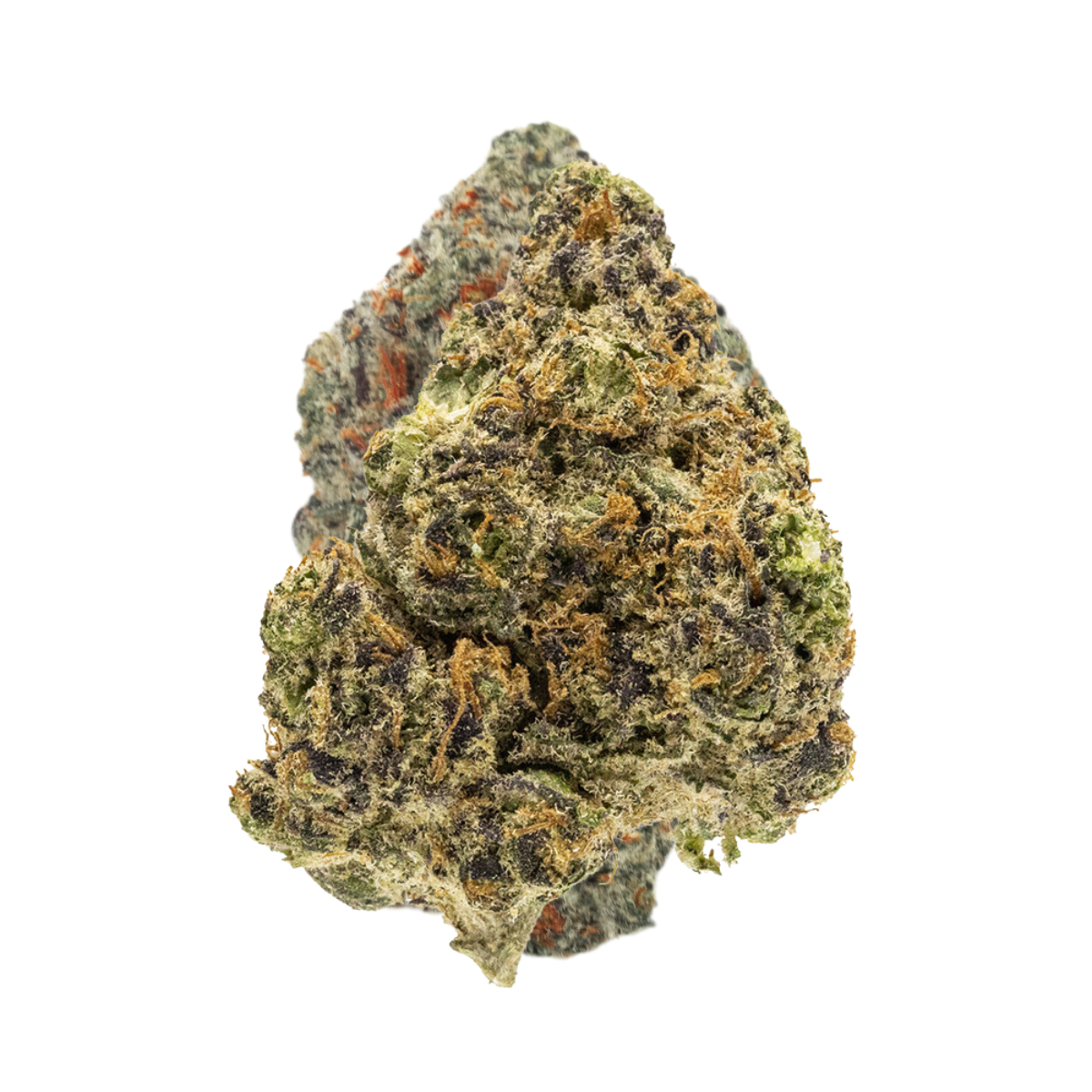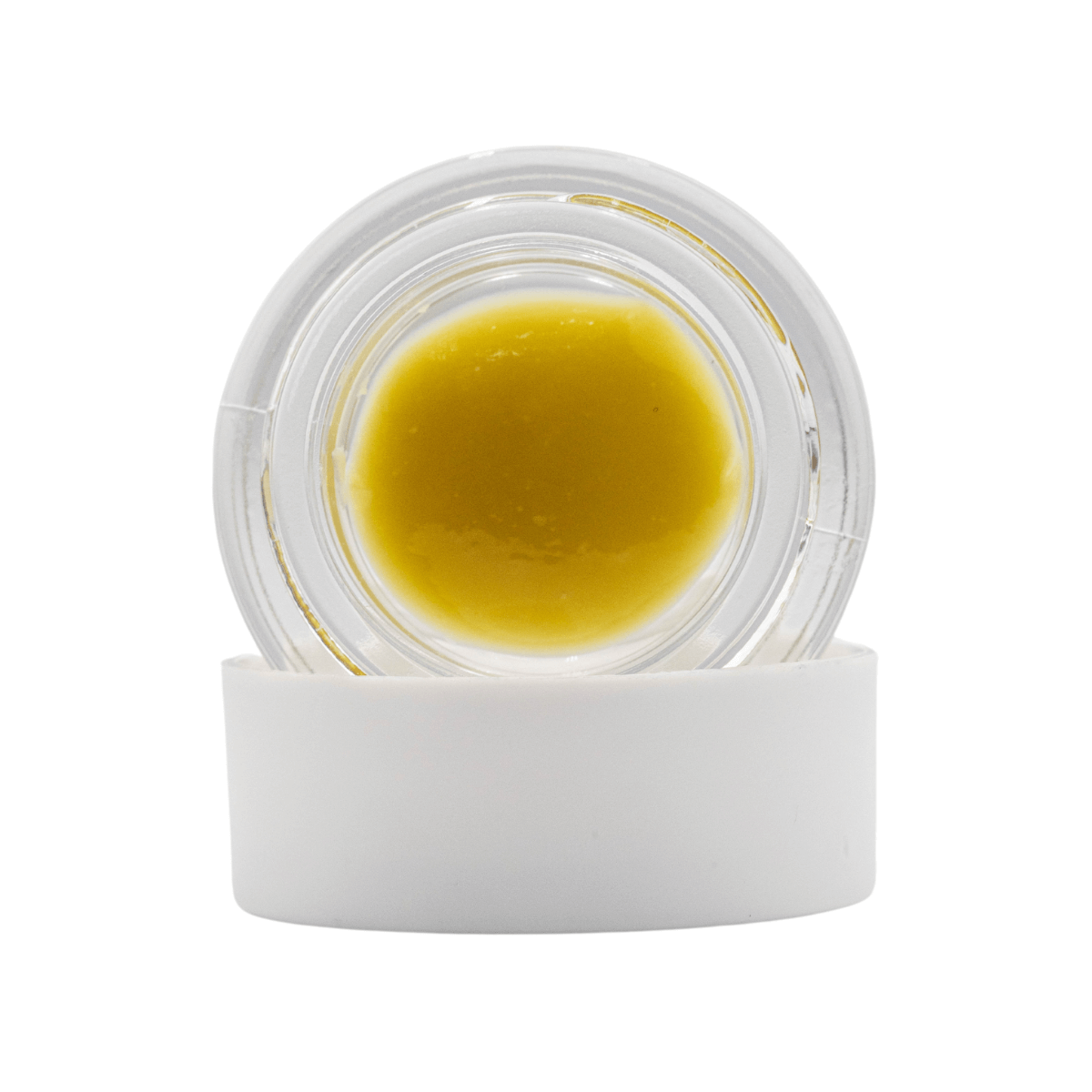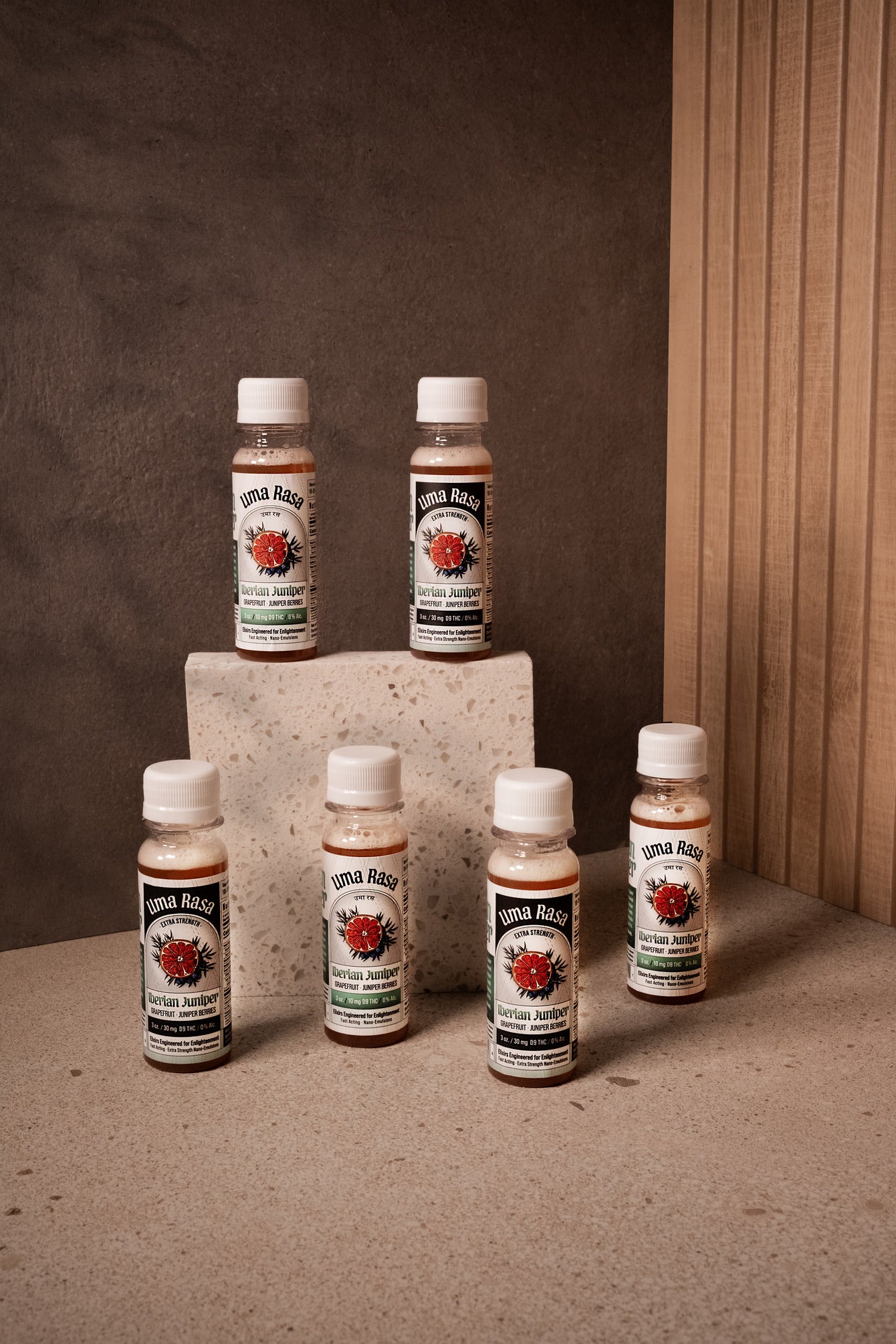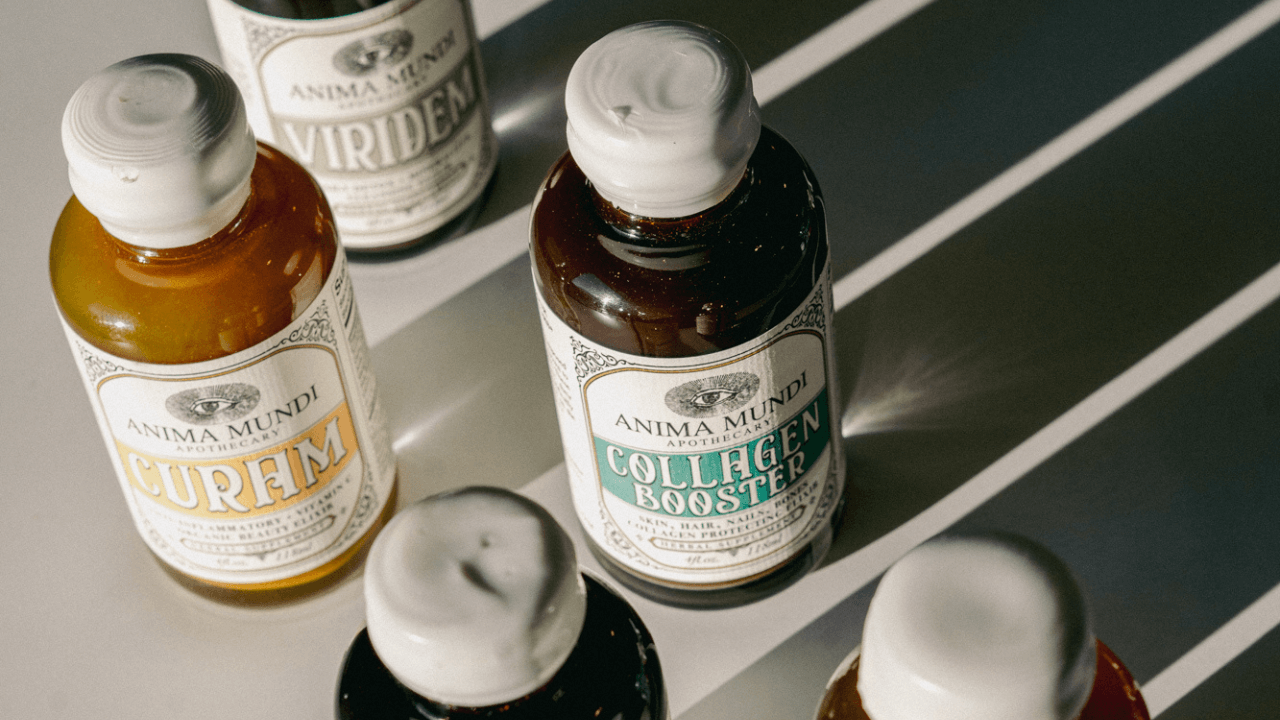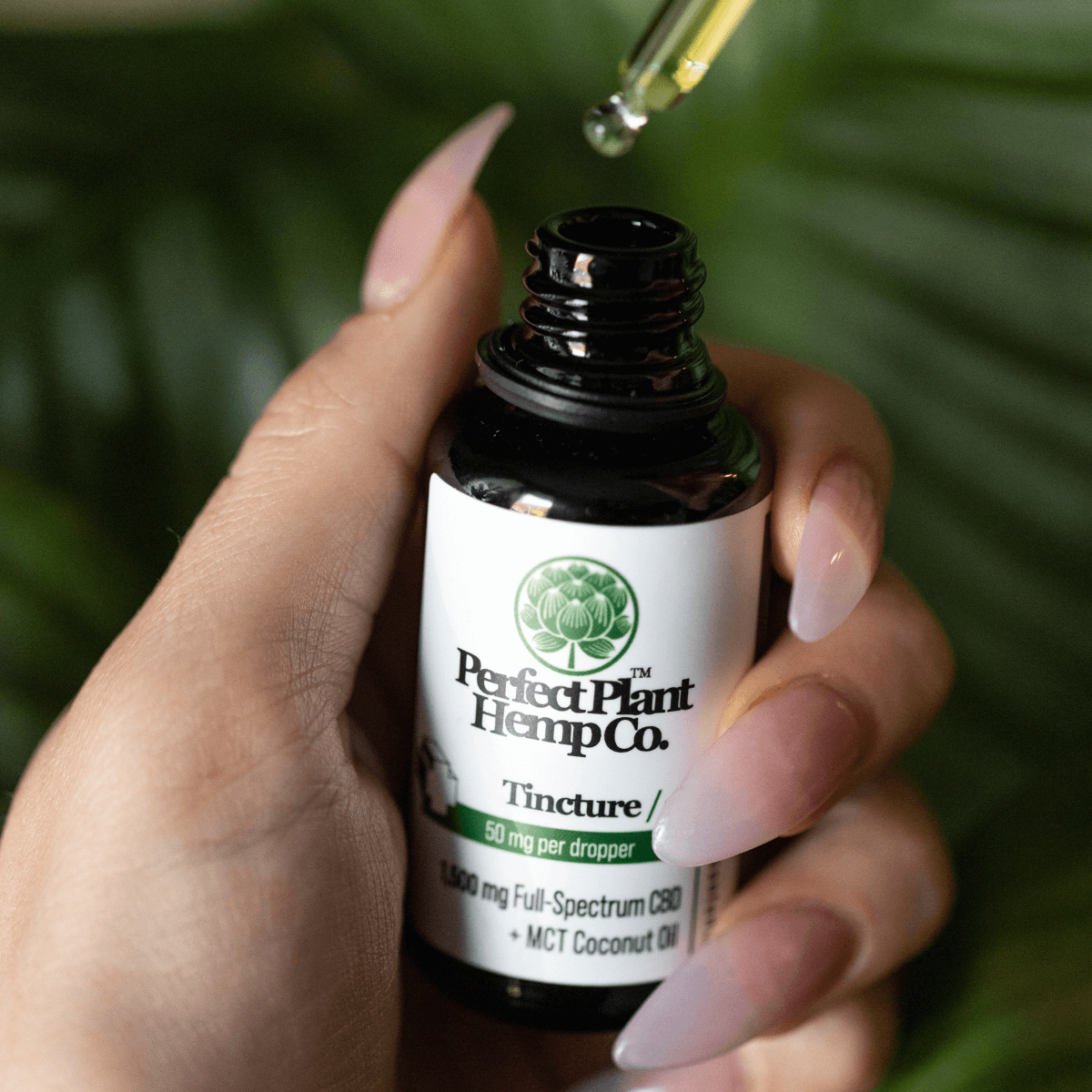By J Gordon Curtis
Part of working in the world of Cannabis is recognizing those that have come before us. So many have furthered the cause of the plant that we are now working with. We wanted to start taking some time every month to focus on one of these people that have helped to pave the path for cannabis decriminalization.
This month, we are discussing Peter Winston Mcintosh aka Peter Tosh, one of the founding members of The Wailers – alongside Bob Marley and Bunny Wailer. Later in his life, Tosh left the Wailers and led a solo career full of cannabis activism, racial activism, and timeless music.
His first solo album, Legalize It, was funded at least partially by a Marijuana dealer in Miami and the titular song was banned in Jamaica. Still, it found its way to people’s ears (and their eyes when Tosh bought space in a local newspaper and printed the lyrics to the song,) and gained popularity. Despite the efforts of suppression, Peter Tosh’s voice was still able to carry.
His album, Equal Rights, focused on racial discrimination globally and Apartheid in South Africa specifically. Tosh began gaining popularity as a fiercely passionate champion of human rights. In his song “Apartheid,” he calls out the occupation of South Africa and the exploitation of those native to the land while calling for the people to “fight, fight, fight. Fight ‘gainst apartheid.”
Many things make Peter Tosh a hero for us at Perfect Plant but the most directly related is his advocacy for ending the prohibition of cannabis. This can be seen clearly from his actions at a concert in 1978 where, in front of a crowd of 30,000 that included the Prime Minister, Tosh lit up a joint on stage. While smoking, he berated the Prime Minister for 30 minutes on the fact that he refused to legalize “Ganja.”
Becoming world famous while maintaining his unwavering stance against injustice, Tosh was often in trouble with law enforcement, including a jail sentence for possession of cannabis in the 60’s. This inspired another song of his that was banned, Mark of the Beast, for it’s anti-police sentiment. Peter Tosh was the beloved hard-nosed-militant counterpart to his friend Bob Marley.
Tragically, at the height of his career on September 11, 1987, Tosh was killed when two gunmen attempted to rob him and became frustrated that he was unable to produce any money for them. One of the gunmen, Dennis “Leppo” Lobban, was an old friend of Tosh’s that he had recently helped out after a stint in jail. Though many rumors and conspiracies surrounded his death, Leppo reportedly overheard fragments of phone conversations where Tosh had mentioned receiving a large amount of American currency for an upcoming tour and believed the sum to be in Tosh’s possession that night.
In addition to Tosh, his friends Free I and Wilton Brown were killed. His longtime spouse pretended to be dead after being shot and was left alone by the gunmen. She would later go on to testify as to the events of that night when in court. Despite his tragic murder, his legacy lives on and his messages about human rights and legalization are (unfortunately) still relevant today.
In the history books of cannabis there will forever be a chapter on Peter Tosh and the movement he helped to fuel and spread. If you are interested in ending the prohibition of cannabis, we are still donating 100% of the profits from our Legalize It T-Shirts to the cause of the Last Prisoner Project, fighting to free those imprisoned for nonviolent cannabis crimes.
Flower to the People!


